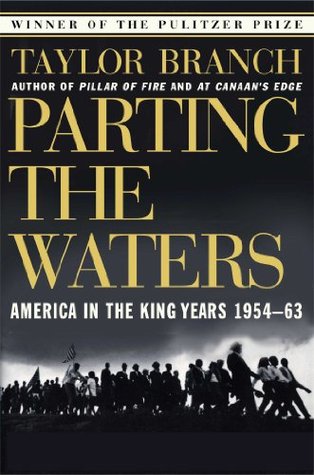Rauschenbusch rejected the usual religious emphasis on matters of piety, metaphysics, and the supernatural, interpreting Christianity instead as a spirit of brotherhood made manifest in social ethics. He saw the Christian ministry as an extension of the Old Testament prophets, who denounced pride, selfishness, and oppression as transgressions against the divine historical plan, which was to culminate in the Christian ideal of “love perfection” among all people.
Welcome back. Just a moment while we sign you in to your Goodreads account.


